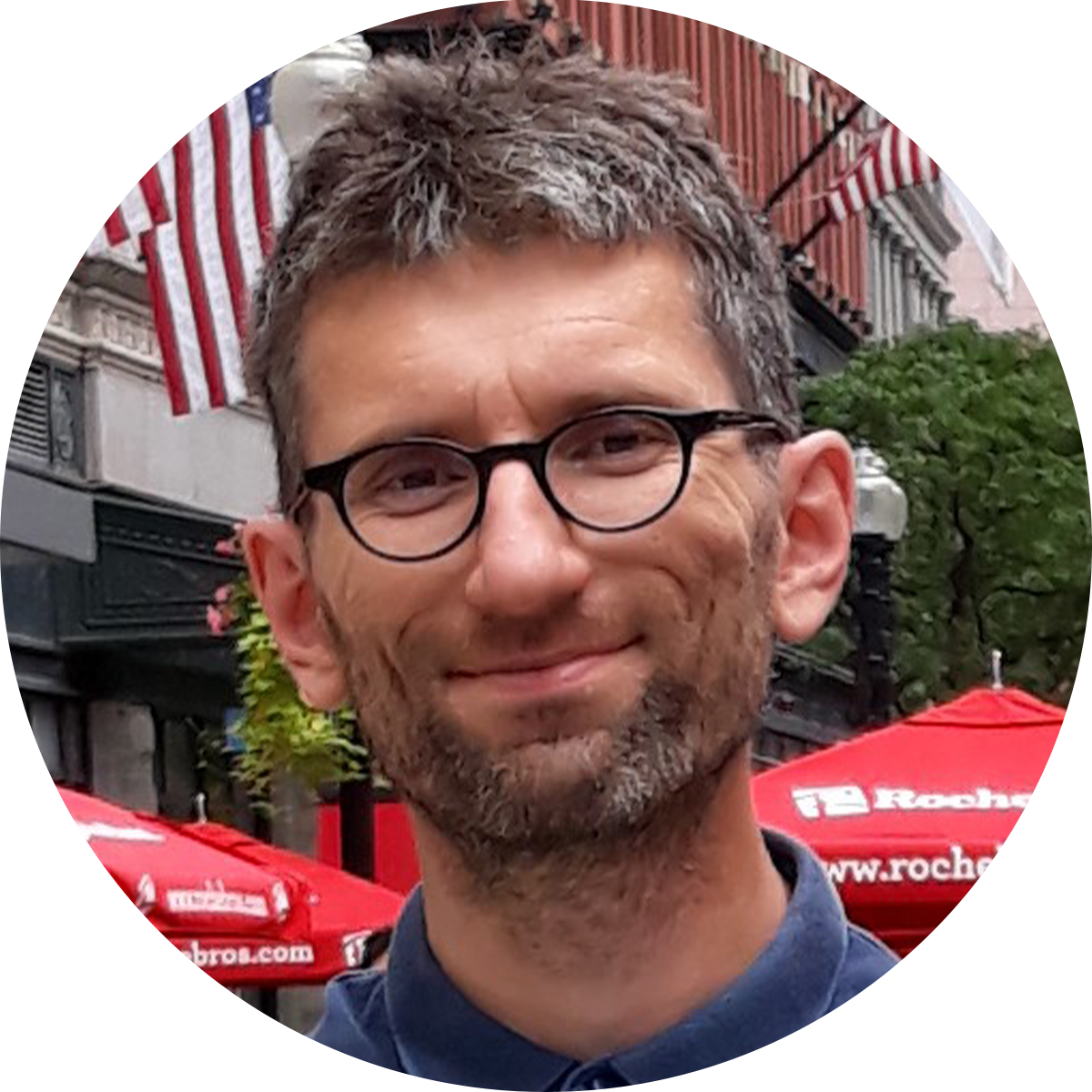
Prof. Piotr Bródka from the Department of Artificial Intelligence has become a member of Academia Professorum Iuniorum. He is one of its eighteen new members. Thus, the body established to support young habilitated doctors engaging in innovative topics and forming new scientific teams is now fully assembled.
Prof. Piotr Bródka works at the Faculty of Information and Communication Technology in the Department of Artificial Intelligence. His scientific discipline is information and communication technology.
In his work, he focuses on modelling and analysing complex networks, ranging from social to water-supply networks, as well as the dynamic processes (e.g., the spread of information, diseases, or social influence) which occur within those networks.
The scientist served as the deputy head of the Department of Artificial Intelligence. He participated in numerous projects funded by, among others, the National Science Centre, the National Centre for Research and Development, the European Union, the Foundation for Polish Science, and the Visegrad Fund. He also managed projects funded by the NSC in the area of analysis and modelling of propagation processes in multilayer networks.
He is a scholarship holder of the Top500 Innovators programme at Stanford University and of the Ministry of Science and Higher Education programme for young scientists, as well as a visiting professor at the University of Technology Sydney. He has published over 100 scientific articles in the field of computational network science.
Academia Professorum Iuniorum, which Prof. Bródka has now joined, was established in October 2023 by WUST Rector Prof. Arkadiusz Wójs. It is one of our university's key efforts at promoting scientific excellence, with its main task being to choose and support a group of outstanding, young, independent researchers representing various disciplines and building research teams or engaging in new research topics.
– The Academy also serves as a platform for unrestricted, creative intellectual exchange between its members, and facilitates researchers in expressing their opinions inside and outside the University – says Prof. Arkadiusz Wójs.
Prof. Bródka is one of the eighteen people who joined the Academia Professorum Iuniorum this year. Their term will begin on 1 January 2025 and will last for two years. Including the eighteen researchers selected in 2023, the number of the academy members has thus reached the target of 36.
A new group of 18 new members will be selected annually. They all receive a two-year grant of PLN 120,000 funded by the University. It may be used to cover expenses related to forming or expanding a research team or to undertake a new research topic.
Except Prof. Bródka, the members of Academia Professorum Iuniorum for the years 2025-2027 also include:
Prof. Łukasz Damurski
Faculty of Architecture, Department of Urban Planning and Spatial Management
discipline: architecture and urban planning
He is an urbanist, city researcher, and a specialist in urban services. His research interests include the development and operation of local service centres in residential estates, the phenomenon of service virtualisation, and social participation in decision-making processes related to spatial management.
He is the manager of international research projects funded by the European Commission, the National Science Centre, and the National Centre for Research and Development. He has initiated and organised a cyclical international scientific conference "Centrality in the Age of Dispersion."
In 2021, he received a scholarship from the Polish-American Fulbright Commission and conducted a research project at Harvard University Graduate School of Design, Cambridge, USA. In 2025, his latest book, "The Foundations of Multi-channel Neighborhood Governance", will be published by Springer Nature.
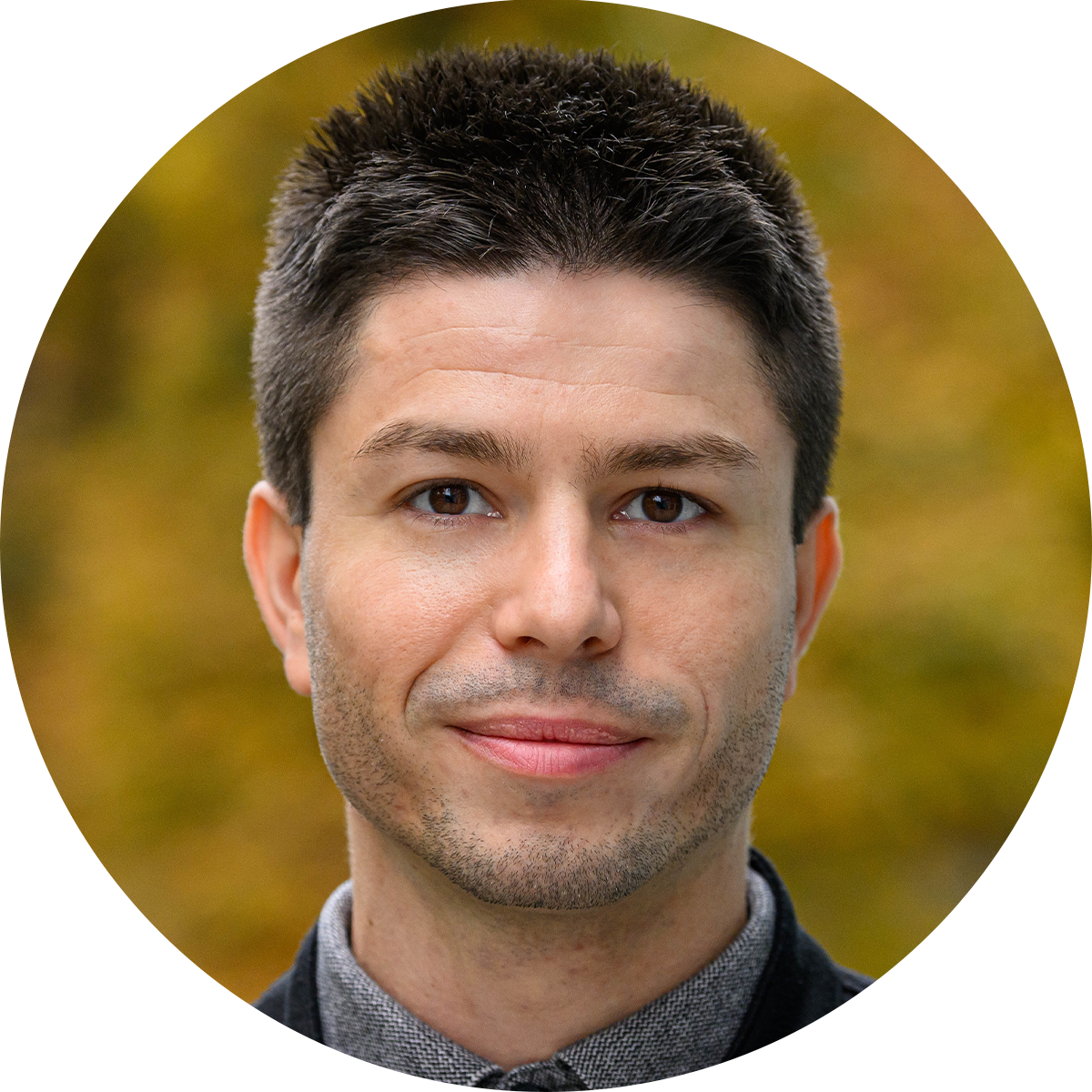 Prof. Karol Krzempek
Prof. Karol Krzempek
Faculty of Electronics, Photonics and Microsystems, Department of Field Theory, Electronic Circuits and Optoelectronics, discipline: automation, electronics, electrical engineering and space technologies
His research interests focus on laser gas spectroscopy, nonlinear optics, and fibre lasers. He is the author or co-author of 143 scientific articles, including 78 from the JCR list, and also the co-author of eleven national patents.
Winner of many scholarships and awards for young scientists, including: He holds scholarships awarded by the Ministry of Science and Higher Education and by the Foundation for Polish Science, under the Start programme (twice), as well as the Max Born Scholarship.
He participated in over 15 research projects financed by the National Science Centre, the Ministry of Science and Higher Education and the Foundation for Polish Science, including four as a project manager.
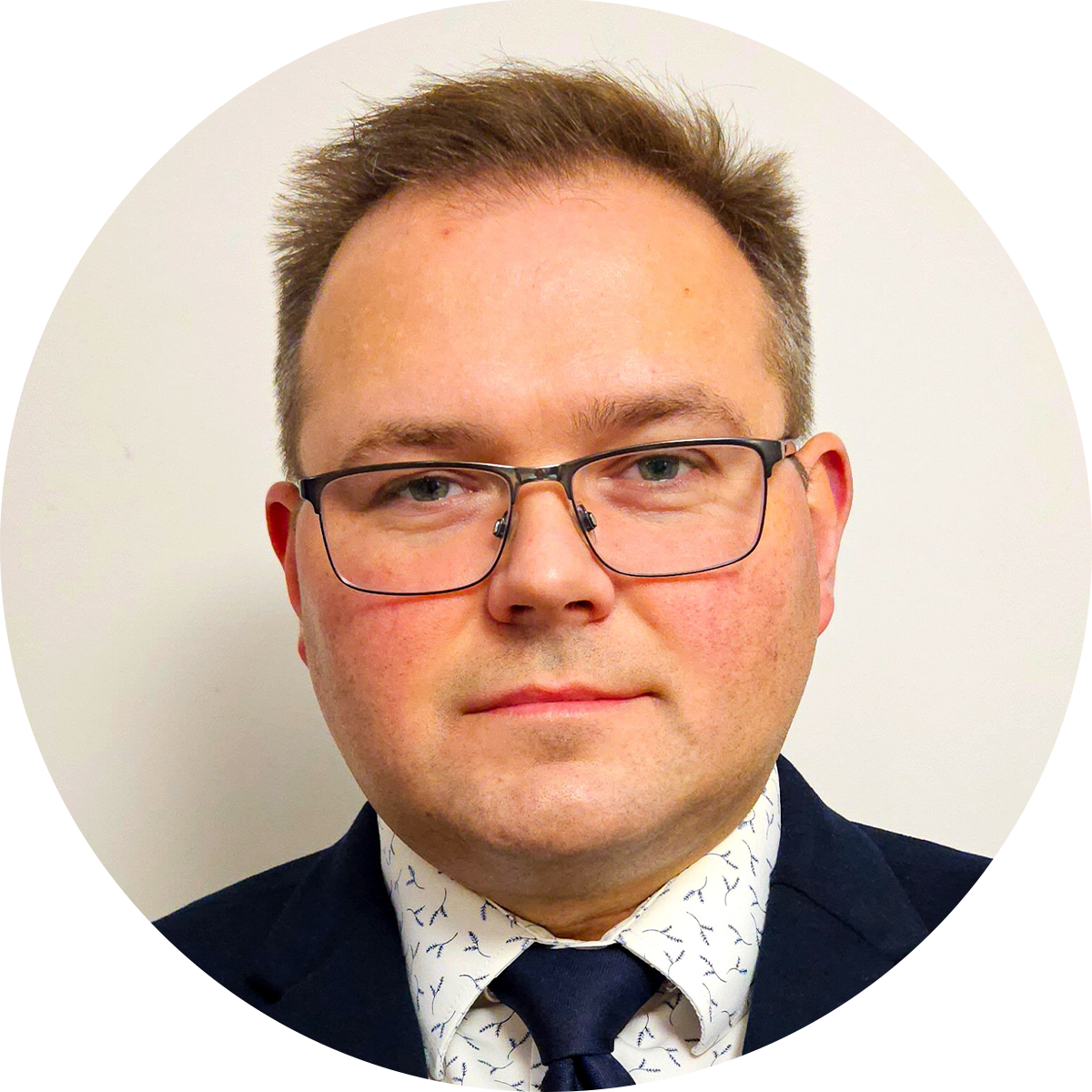 Prof. Damian Wojcieszak
Prof. Damian Wojcieszak
Faculty of Electronics, Photonics and Microsystems, Department of Electronic and Photonic Metrology, discipline: automation, electronics, electrical engineering and space technologies
In his scientific work, he focuses on the production and characterisation of functional thin-film coatings intended for use in, among others, transparent electronics, sensor technology, and medicine.
He has completed an internship at the Thin Film Centre in the United Kingdom, where he was involved in the production of optical coatings using vacuum methods. He is a co-author of 102 publications in journals listed in the JCR, and also a supervisor of four doctoral dissertations. He participated in the implementation of 19 research projects funded by the National Science Centre, the National Centre for Research and Development, the Ministry of Science and Higher Education, and M.Era-Net.
For his previous scientific work has been awarded, among others, with the Siemens Promotional Award (for his doctoral thesis), with a scholarship for outstanding young scientists granted by the Ministry of Science and Higher Education, and with the WUST rector's scholarship in the category of publication activity (2021).
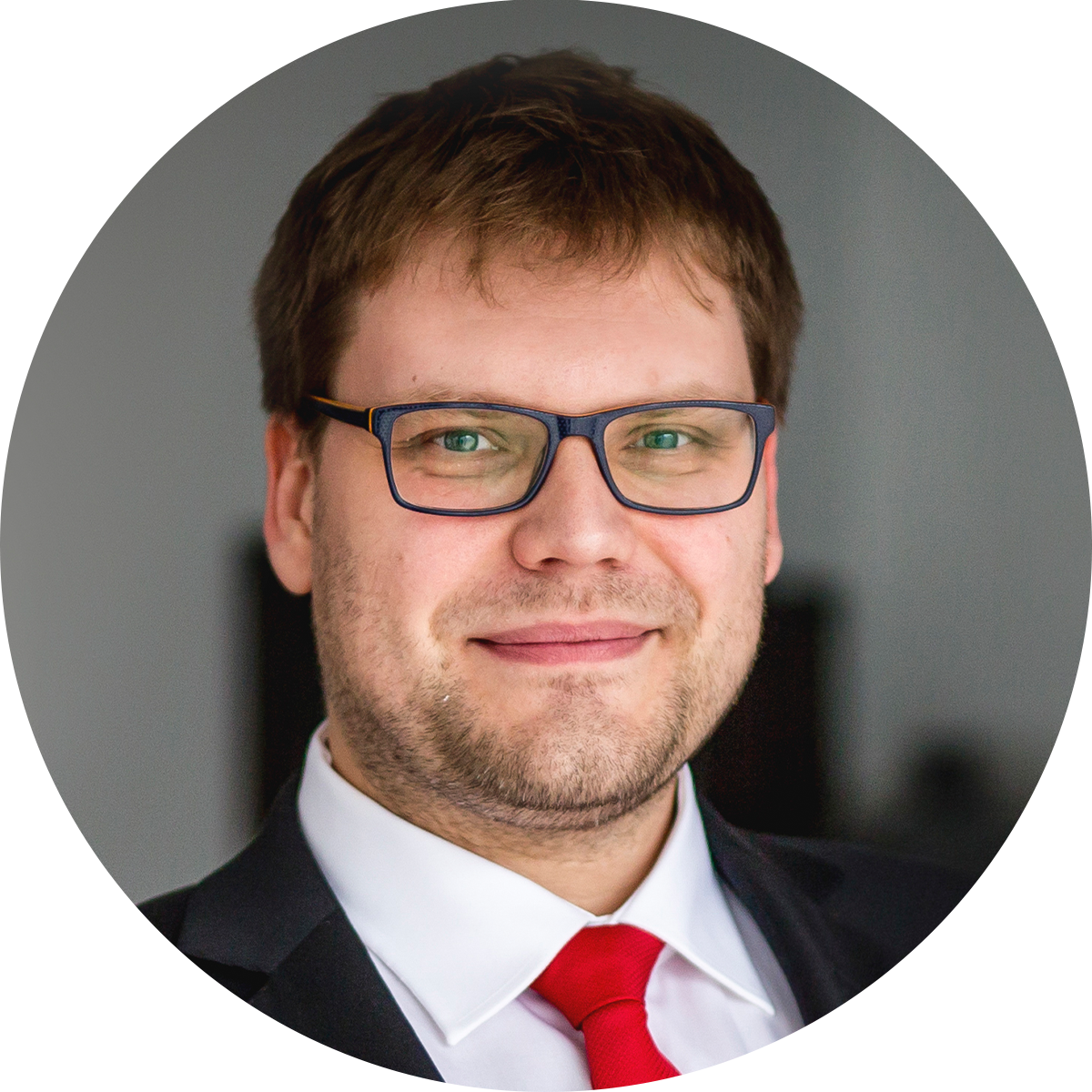 Prof. Sebastian Kraszewski
Prof. Sebastian Kraszewski
Faculty of Fundamental Problems of Technology, Department of Biomedical Engineering, discipline: biomedical sciences
He graduated from biomedical engineering at the Faculty of Fundamental Problems of Technology. He obtained his doctoral degree in physics from the Université de Franche-Comté (Besançon, France), and his habilitation (postdoctoral) degree from the Silesian University of Technology in the field of biocybernetics and biomedical engineering.
He specialises in the use of artificial intelligence in medicine and in the application of advanced numerical methods to support the work of medical doctors. His scientific work focuses on the development of modern health protection technologies, from cellular molecular mechanisms, through the search for new drugs, to the development of diagnostic and therapeutic tools.
He has led numerous national and international projects, including those in the fields of cancer treatment, metabolic diseases, and antibiotic-resistant infections. He has received, twice, the Polish Intelligent Development Award and is a winner of the local "Generation W" competition in Wrocław for innovative scientific solutions. He teaches classes for students and implements innovative IT solutions in healthcare as part of the SIGNUM Student Research Club. He is engaged in the promotion of health- and prevention- related activities.
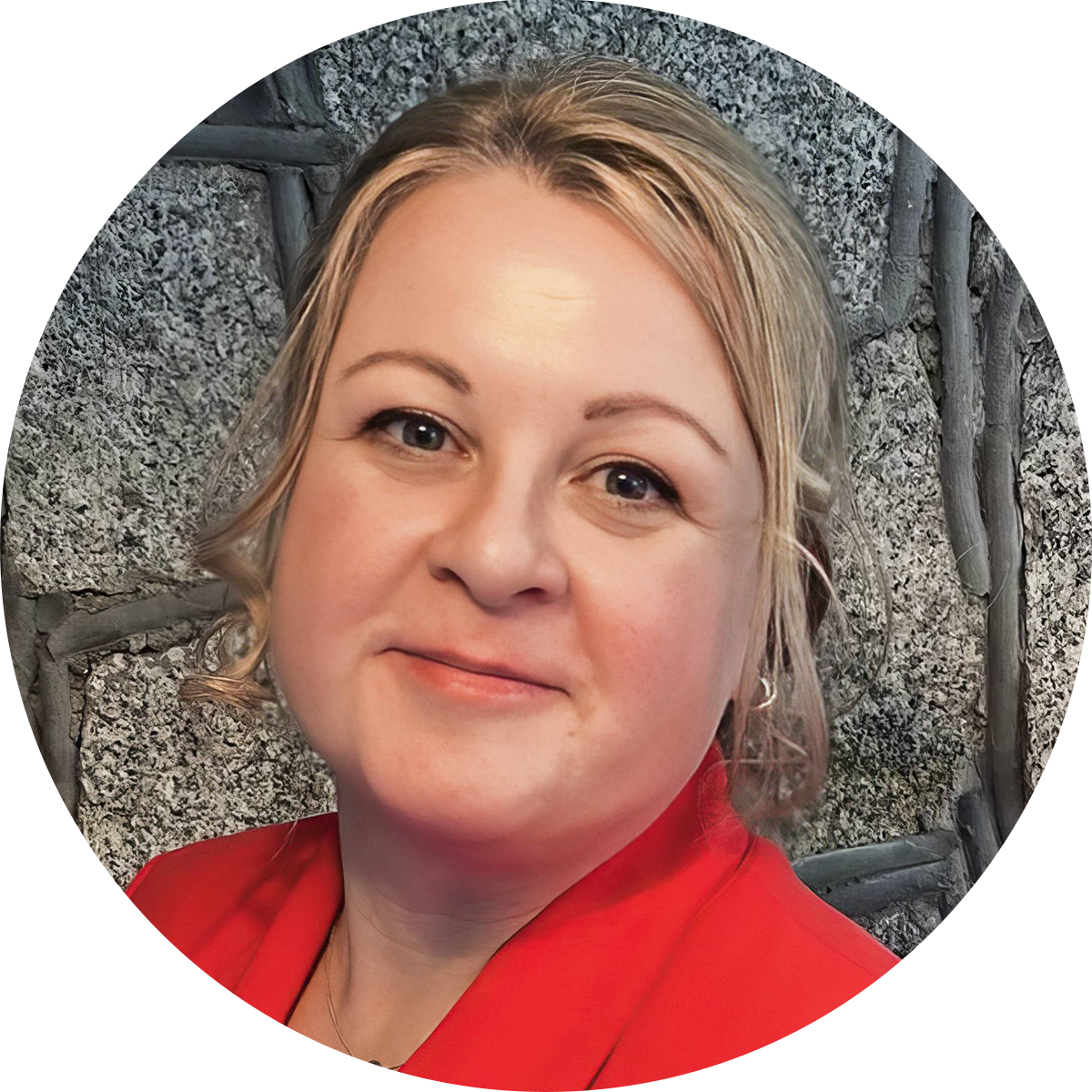 Prof. Joanna Wolska
Prof. Joanna Wolska
Faculty of Chemistry, Department of Process Engineering and Polymer and Carbon Materials Technology, discipline: chemical engineering
In her research work, she focuses on the subject of the so-called special polymers, which are used inter alia in water purification processes.
She synthesises molecularly imprinted polymers for the monitoring of the presence of antibiotics, herbicides, or xenoestrogens in water. As a result, she obtains polymer membranes used in ion exchange processes, as well as in catalytic processes. She investigates resins for the selective recovery of precious metals. She is also involved in the processes of using plasma or microwave radiation to modify polymers of both natural and synthetic origin.
She participated in the implementation of numerous projects funded by the European Union, NATO, the National Science Centre, and the National Centre for Research and Development. Currently, she is managing a project funded by Polish National Agency for Academic Exchange (NAWA), carried out in collaboration with the Medical University of Graz. He has completed research internships at the University of Turin, the University of the Aegean, and the University of Concepción.
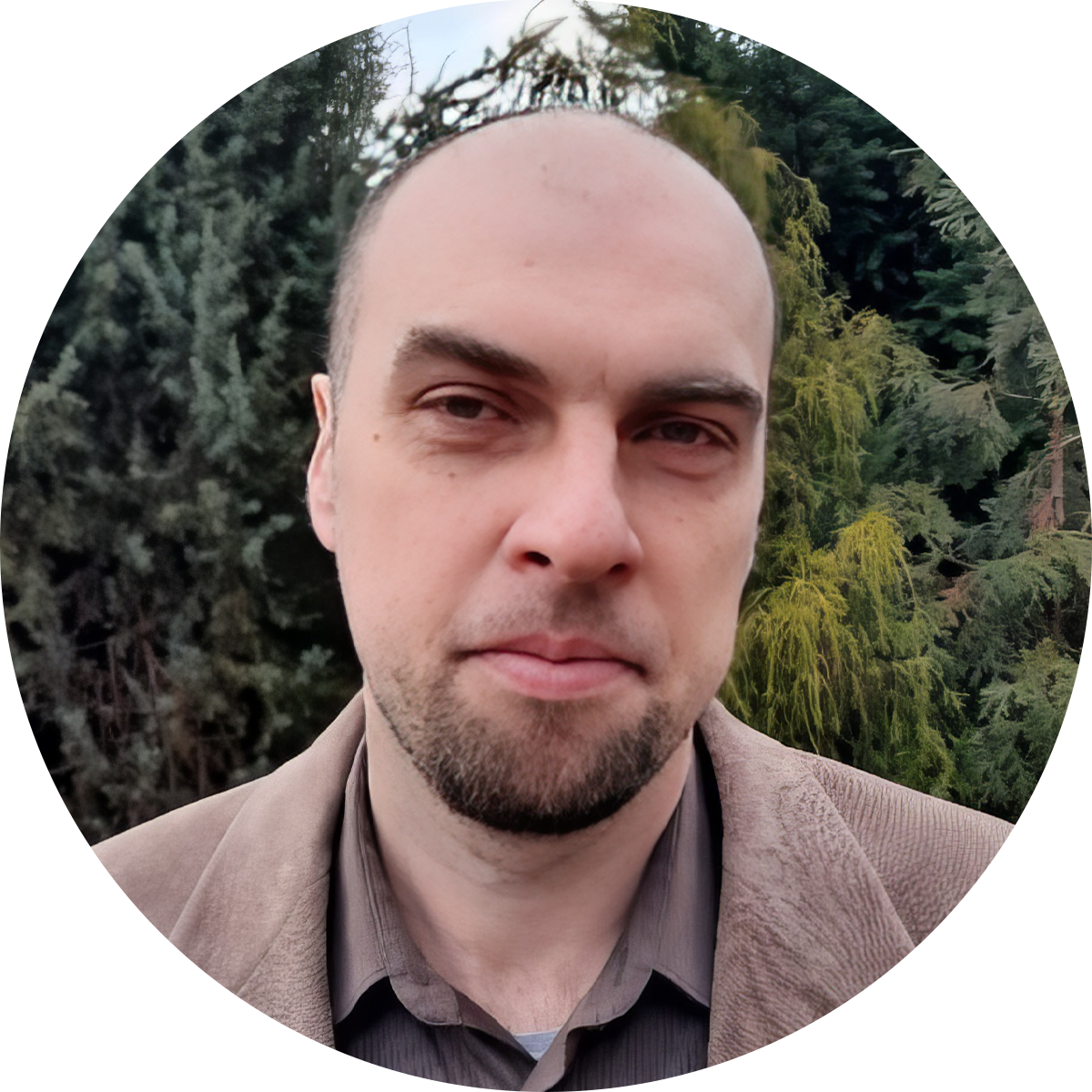 Prof. Marek Kawa
Prof. Marek Kawa
In his scientific work, conducted among others at McMaster University in Canada, he focuses on the material-strength anisotropy and the applications of advanced Monte Carlo techniques to assess the probability of geotechnical structure failures.
He is also interested in everything that lies at the intersection of these two subjects. As part of his activities at the Academia Professorum Iuniorum, he wishes to expand his research interests to include determining the effective strength properties of random composites.
He serves as the chairman of the Lower Silesian Branch of the Polish Committee for Geotechnics. He is a co-organiser of numerous national and international conferences related to geotechnics.
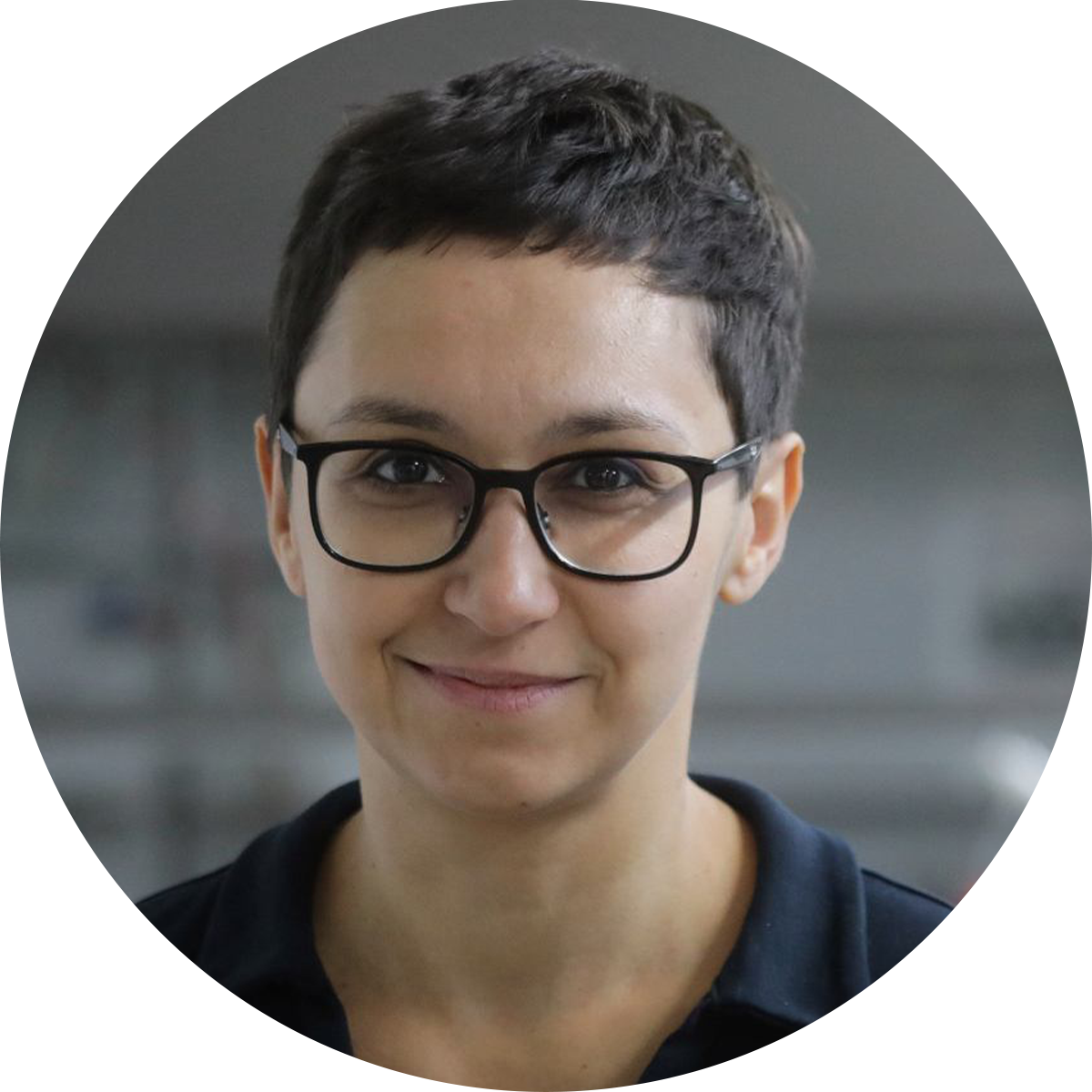 Prof. Joanna Olesiak-Bańska
Prof. Joanna Olesiak-Bańska
Faculty of Chemistry, Institute of Advanced Materials
discipline: materials engineering
She is the founder and leader of the NONA research group, which focuses on understanding how nanoparticles work and on designing noble metal nanoparticles with specific properties, including fluorescence. Researchers from this group use nanoparticles and advanced spectroscopic techniques to study proteins, particularly their aggregation and the formation of amyloids, which are associated with many disorders, including Alzheimer's disease.
She is an author of over 70 scientific papers, winner of the First Team programme by the Foundation for Polish Science, of the National Science Centre programme, and of the NAWA Polonium programme. She also received numerous awards (such as Iuvenes Wratislaviae PAN and the ministerial scientific scholarship for outstanding young scientists).
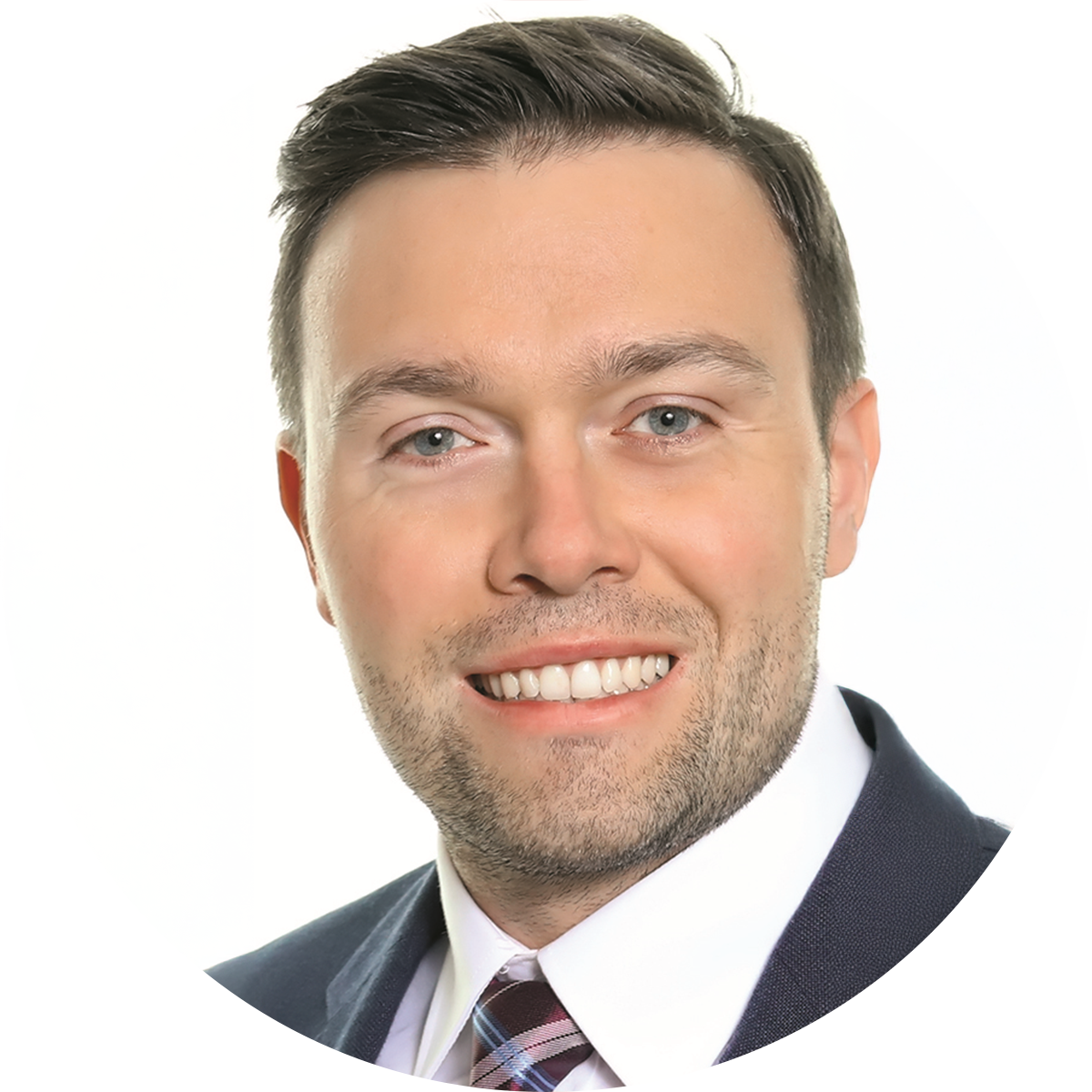 Prof. Mariusz Ptak
Prof. Mariusz Ptak
Faculty of Mechanical Engineering, Department of Machine Design and Research
discipline: mechanical engineering
He specialises in the biomechanics of head injuries and the design of protective equipment for athletes and vulnerable road users. He developed advanced numerical models of a child's head, an adult's head, and a senior's head, used in research on cranial and brain injuries as part of the aHEAD team.
His research also covers the development of natural energy-absorbing materials, personalised medicine, and work on image fusion in the surgical treatment of breast cancer.
He is a laureate of the Polityka Award and the 30 Creative Residents of Wrocław competition. He received the Ministry of Science and Higher Education scholarship for outstanding young scientists and a Stanford University scholarship under the TOP500 program.
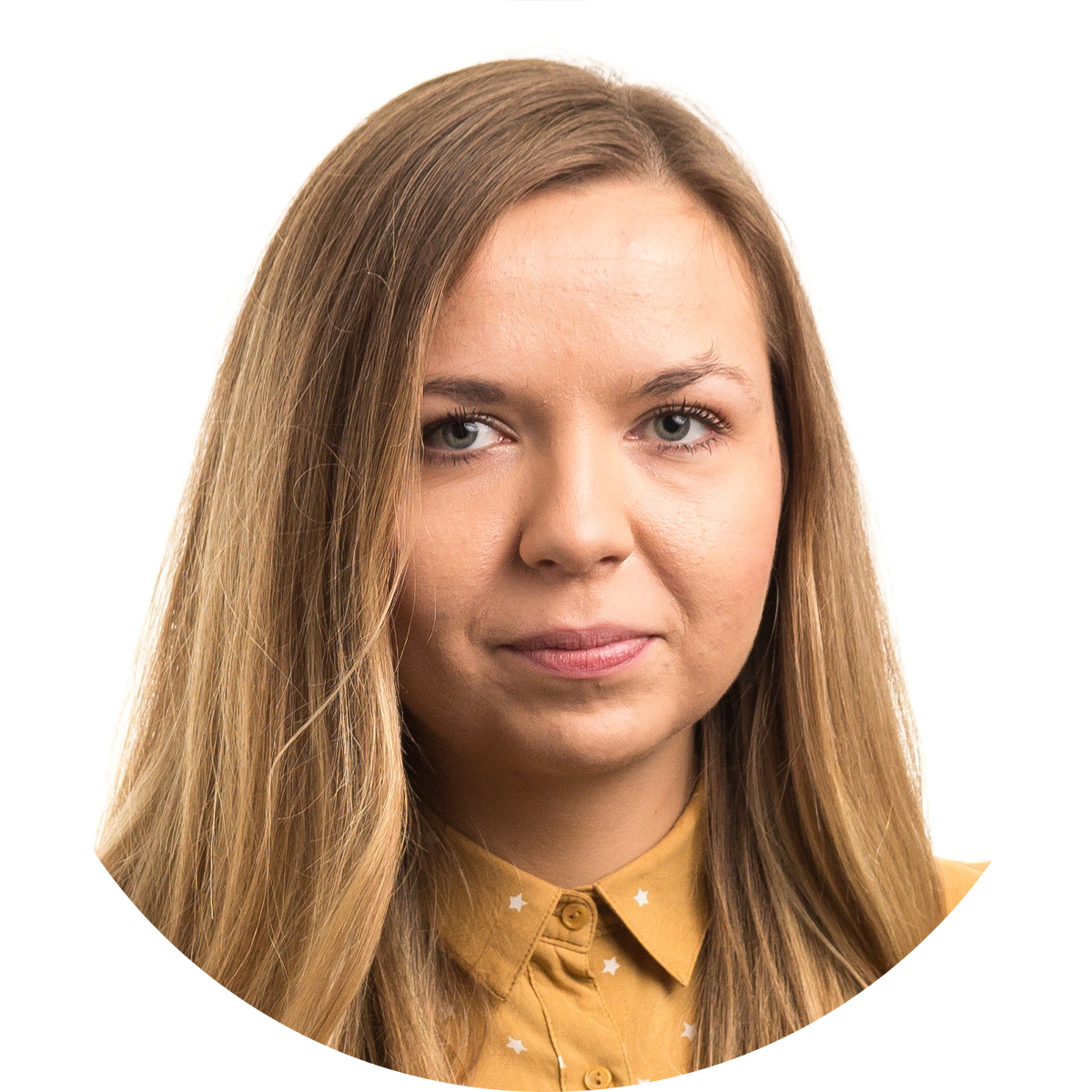 Dr hab. inż. Patrycja Szymczyk-Ziółkowska, prof. uczelni
Dr hab. inż. Patrycja Szymczyk-Ziółkowska, prof. uczelni
Faculty of Mechanical Engineering, Department of Laser Technology, Automation and Production Engineering
discipline: mechanical engineering
Her scientific interests focus on the implementation and development of additive techniques in regenerative medicine by combining technological aspects with material research and biomedical engineering. Her research has the potential to improve the effectiveness of therapies by personalising medical devices, as well as by opening new possibilities in the development of innovative materials.
She is a recipient of research grants, including those funded by the National Centre for Research and Development (the Lider competition), NAWA (bilateral scientist exchange programme between Poland and Portugal), and the National Science Centre (the Miniatura competition).
She was also honoured with awards in the university competitions Primus and Secundus, as well as with the Dionizy Smoleński Scientific Award.
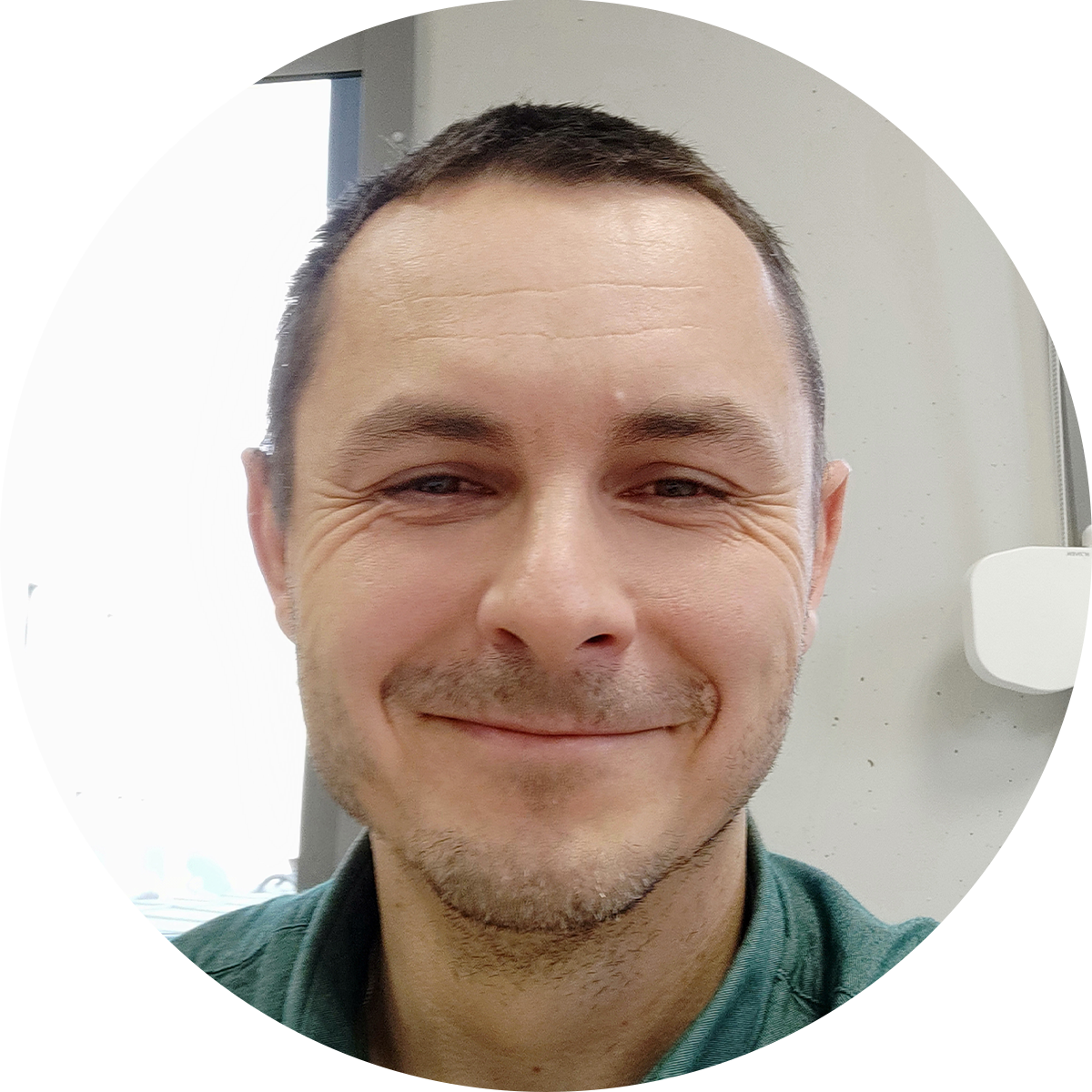 Prof. Wojciech Milczarek
Prof. Wojciech Milczarek
Faculty of Geoengineering, Mining and Geology, Department of Geodesy and Geoinformatics, discipline: environmental engineering, mining and energy
His research interests focus on satellite radar interferometry, monitoring surface areas in mining and post-mining regions, and studying the dynamics of glacier changes.
He is an expert and an author of numerous studies for the industry in the field of assessing the impact of mining operations on the surface.
He has been a contractor in projects of the National Science Centre and the European Space Agency (ESA). Currently, he is managing a project under the Opus competition by the National Science Centre. He is also an instructor at the EarthScope Consortium.
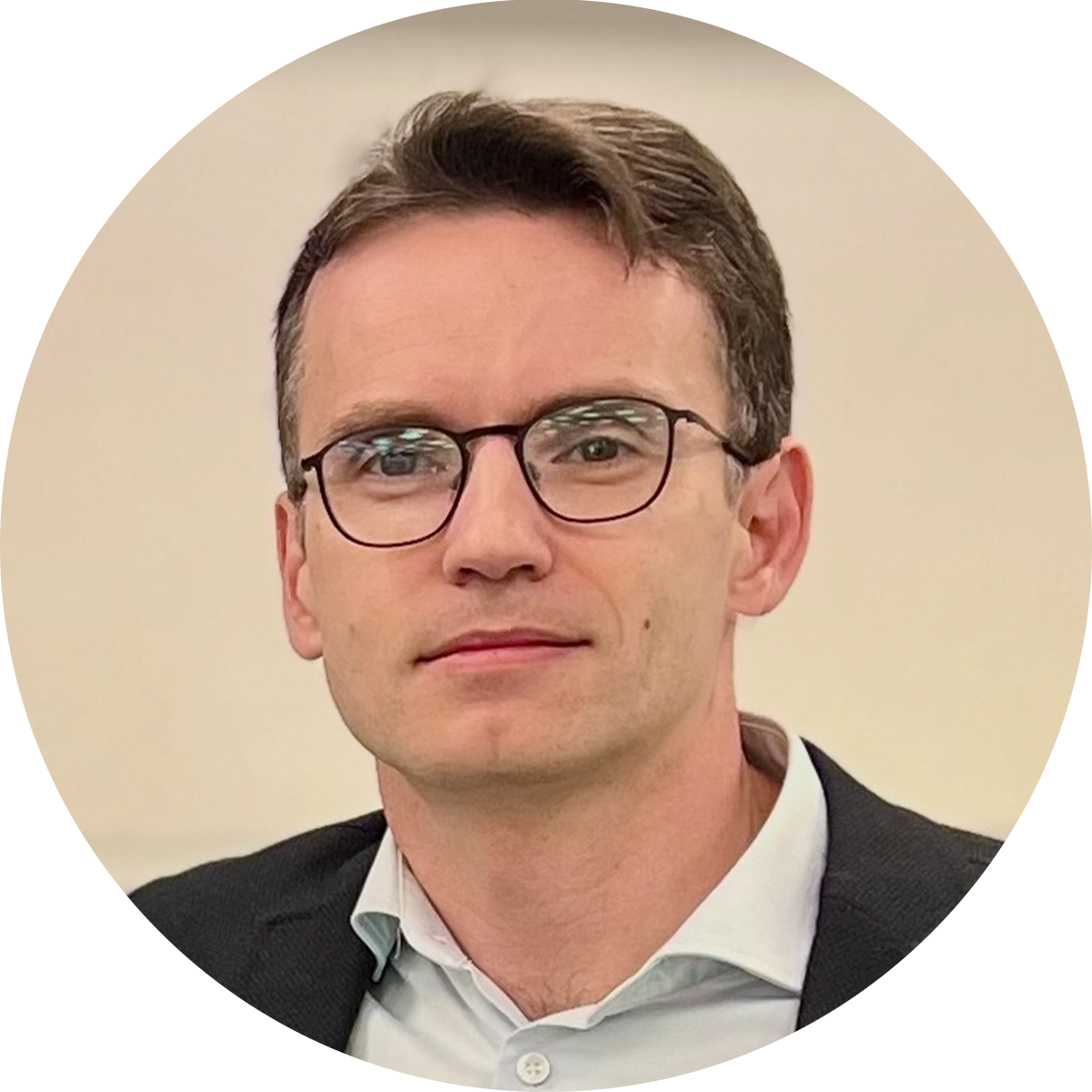 Prof. Bartosz Zajączkowski
Prof. Bartosz Zajączkowski
Faculty of Mechanical and Power Engineering, Department of Thermal Sciences
discipline: environmental engineering, mining and energy
His research focuses on the fundamentals of thermal and mechanical processes, with particular attention to multiphase transformations and flows. The results of his research are applicable in thermal engineering, energy engineering, and refrigeration technology. His current research projects focus on phase transitions under subatmospheric conditions and on the use of nanoparticles to enhance the thermal and physical properties of working fluids and heating surfaces.
On a daily basis, he heads the Department of Thermal Sciences. He is a recipient of research grants from the National Science Centre: Opus and Prelude Bis. He gained experience during international scientific internships in Norway, Japan, the Netherlands, and the United States. He was a member of two international COST research networks and is currently collaborating with scientific teams from Lyon, Paris, Castello, and Dresden. He is a supervisor of five doctoral students, and three of his previous students have already obtained their doctorate degrees.
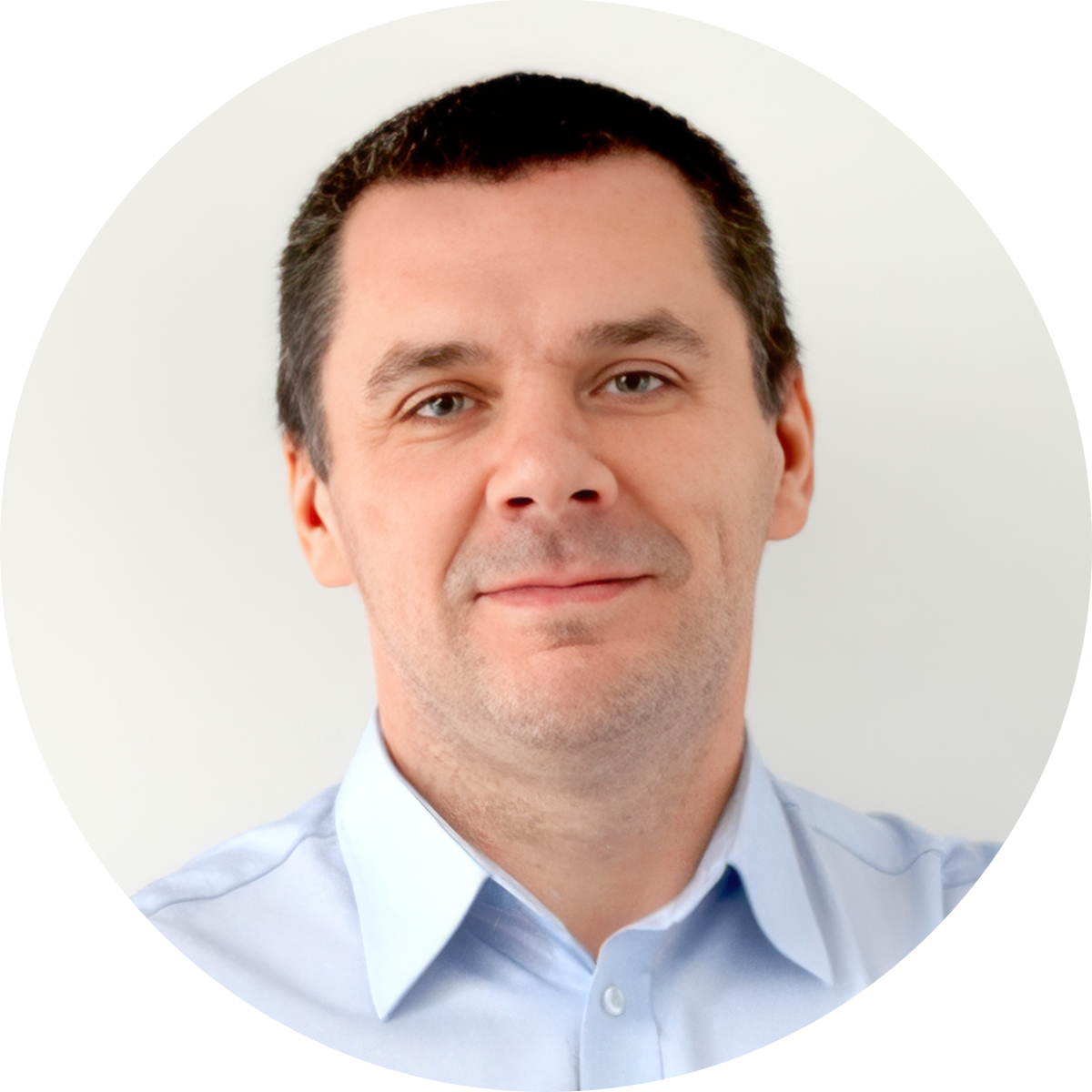 Prof. Kamil Kaleta
Prof. Kamil Kaleta
Faculty of Mathematics, Department of Mathematics
discipline: mathematics
His research work focuses on the intersection of functional analysis, probability theory (including stochastic processes), and mathematical physics.
His main scientific interests concern Schrödinger operators, the related evolutionary semigroups, convolution semigroups, stochastic processes in random media, on fractals, and in discrete spaces.
He has received numerous scholarships and awards, including the Kazimierz Kuratowski Award from the Institute of Mathematics of the Polish Academy of Sciences and the Polish Mathematical Society, the Start Scholarship from the Foundation for Polish Science (twice), the Ministry of Science and Higher Education scholarship for outstanding young scholars, the Alexander von Humboldt Foundation scholarship (Germany), Fuga and Opus competitions of the National Science Centre, and the WUST rector's scientific scholarship for publication activity.
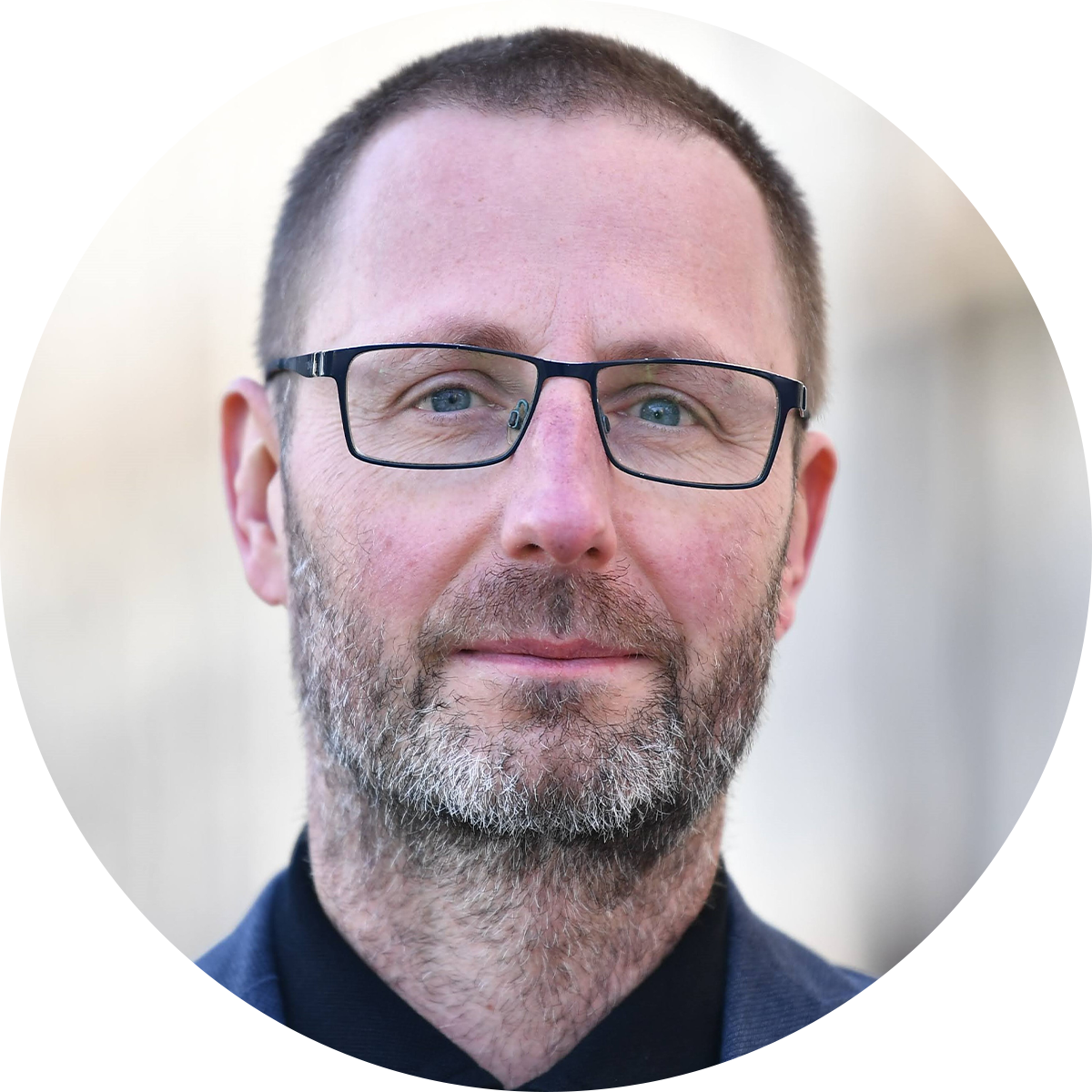 Prof. Rafał Kowalczyk
Prof. Rafał Kowalczyk
Faculty of Chemistry, Department of Bioorganic Chemistry
discipline: chemical sciences
His scientific research focuses on innovative approaches in homogeneous catalysis, particularly on the synergy of organocatalysis and palladium chemistry, supported by mechanochemistry and solvophobic interactions.
The researcher aims to develop new, highly selective methods for C-H bond activation, based on a template approach. He intends to use these methods in the synthesis of complex organic compounds, including biologically active molecules and materials exhibiting unique optical properties.
His achievements to date have been recognised by the Foundation for Polish Science, which awarded him the Start scholarship. He also led research projects funded by the National Science Centre.
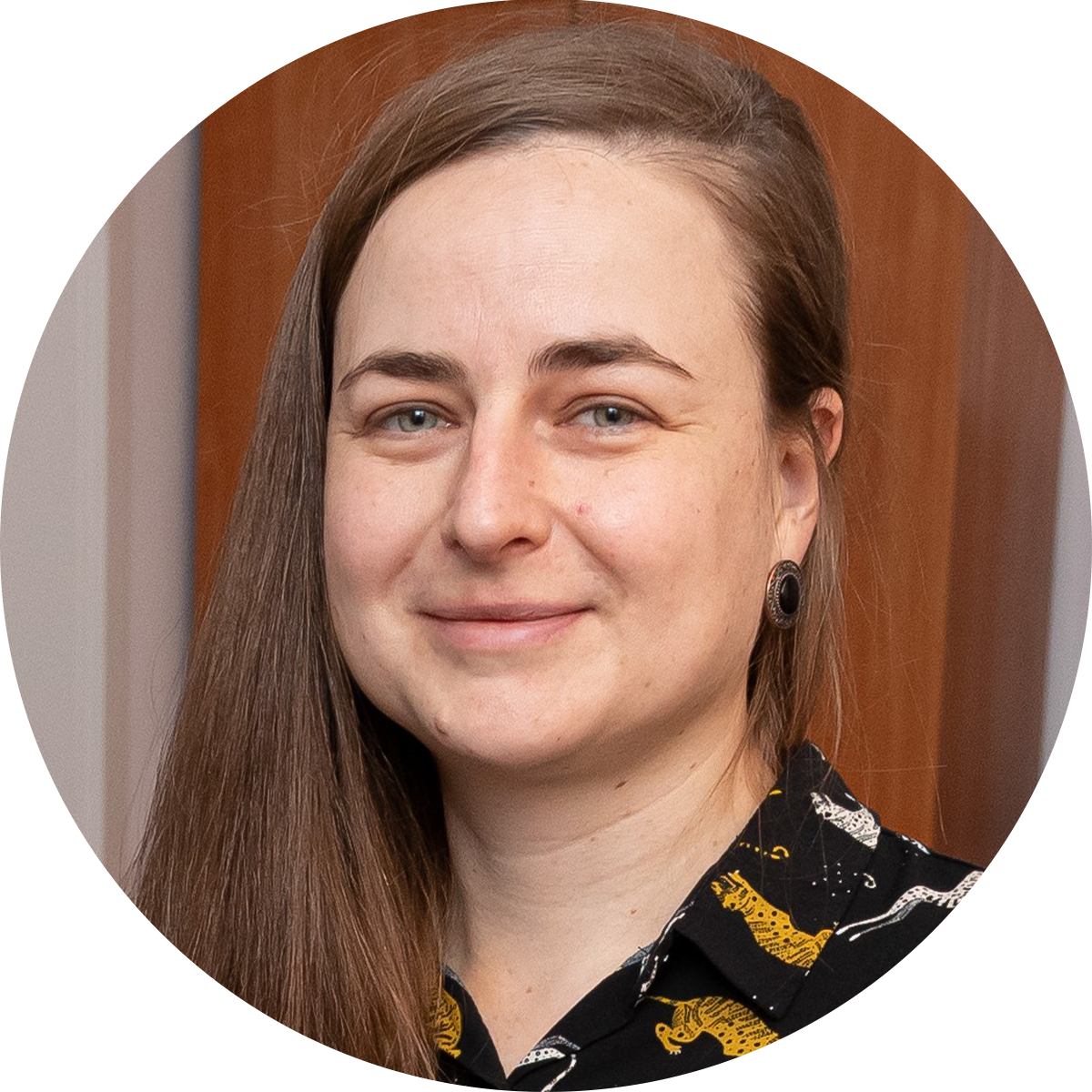 Prof. Joanna Jadczak
Prof. Joanna Jadczak
Faculty of Fundamental Problems of Technology, Department of Experimental Physics, discipline: physical sciencesdyscyplina: nauki fizyczne
Her scientific interests focus on the study of many-body effects, and in particular on the interactions of electron-phonon and electron-electron in two-dimensional van der Waals (vdW) heterostructures composed of single layers of group VI transition metal dichalcogenides, such as WS₂ or MoS₂, which have a structure similar to graphene and serve as its alternative.
Her most significant scientific achievements include the identification of the processes of converting low-energy light to high-energy in strictly two-dimensional vdW structures and the control of energy gain resulting from many-body interactions or energy transfer.
She is the winner of the 10th Polish-Taiwanese competition for bilateral research projects and the Quantera competition under the Horizon programme, funded by the National Centre for Research and Development.
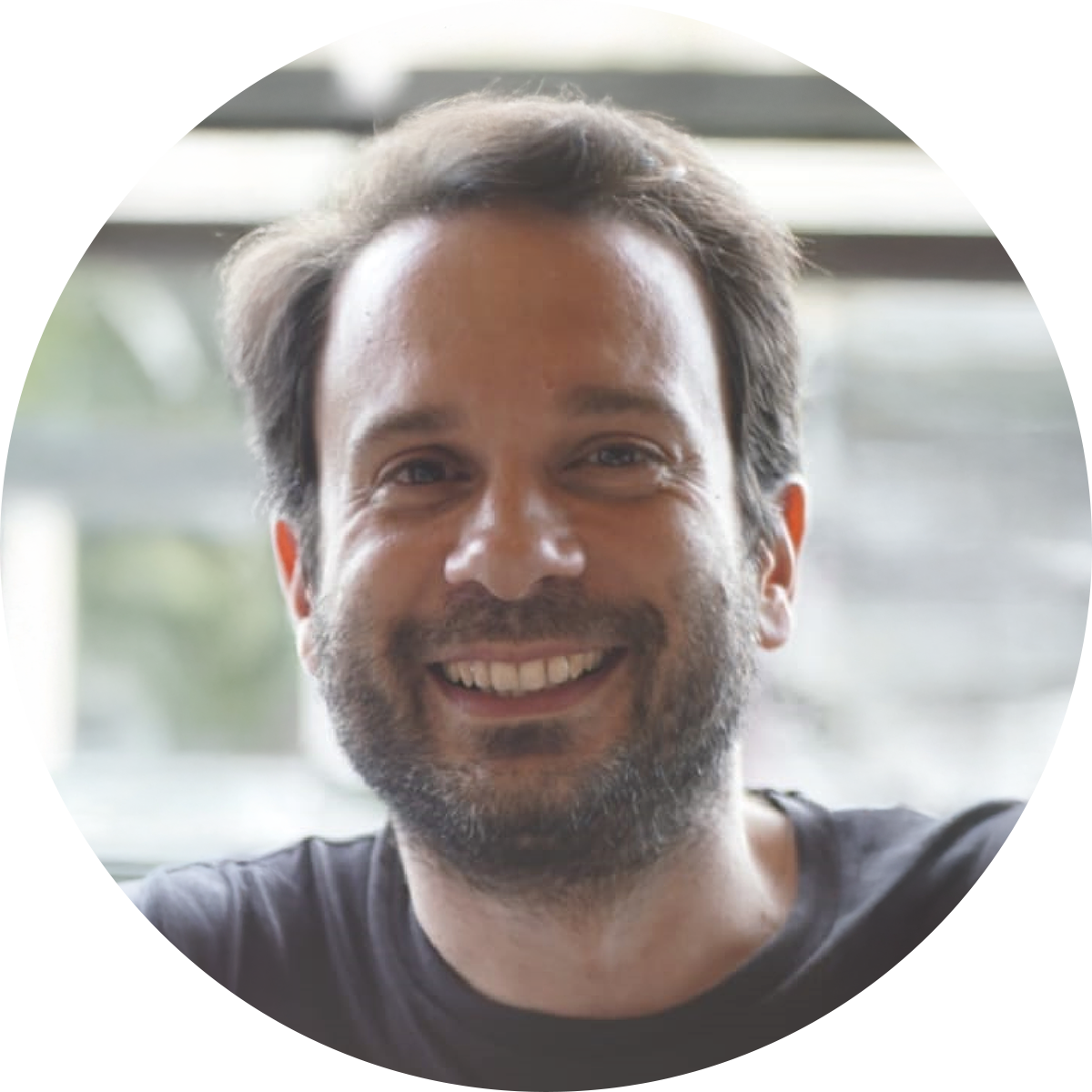 Dr hab. Alessandro Surrente, prof. uczelni
Dr hab. Alessandro Surrente, prof. uczelni
Faculty of Fundamental Problems of Technology, Department of Experimental Physics, discipline: physical sciences
Professor Alessandro Surrente performs research on a wide range of nanoscale physical systems. He has extensive experience in nanofabrication and optical spectroscopy of semiconductors.
His current research interests are related to the optoelectronic properties of layered materials, such as transition metal dichalcogenides, lead halide perovskites, and their heterostructures. These materials have significant potential for applications in advanced optoelectronic, spintronic, and photovoltaic devices.
He received a grant in the Marie Curie programme. Since 2020, he has been employed as an assistant professor at WUST, where he leads a project under the Sonata 16 programme and participates in a grant from the Sonata Bis programme.
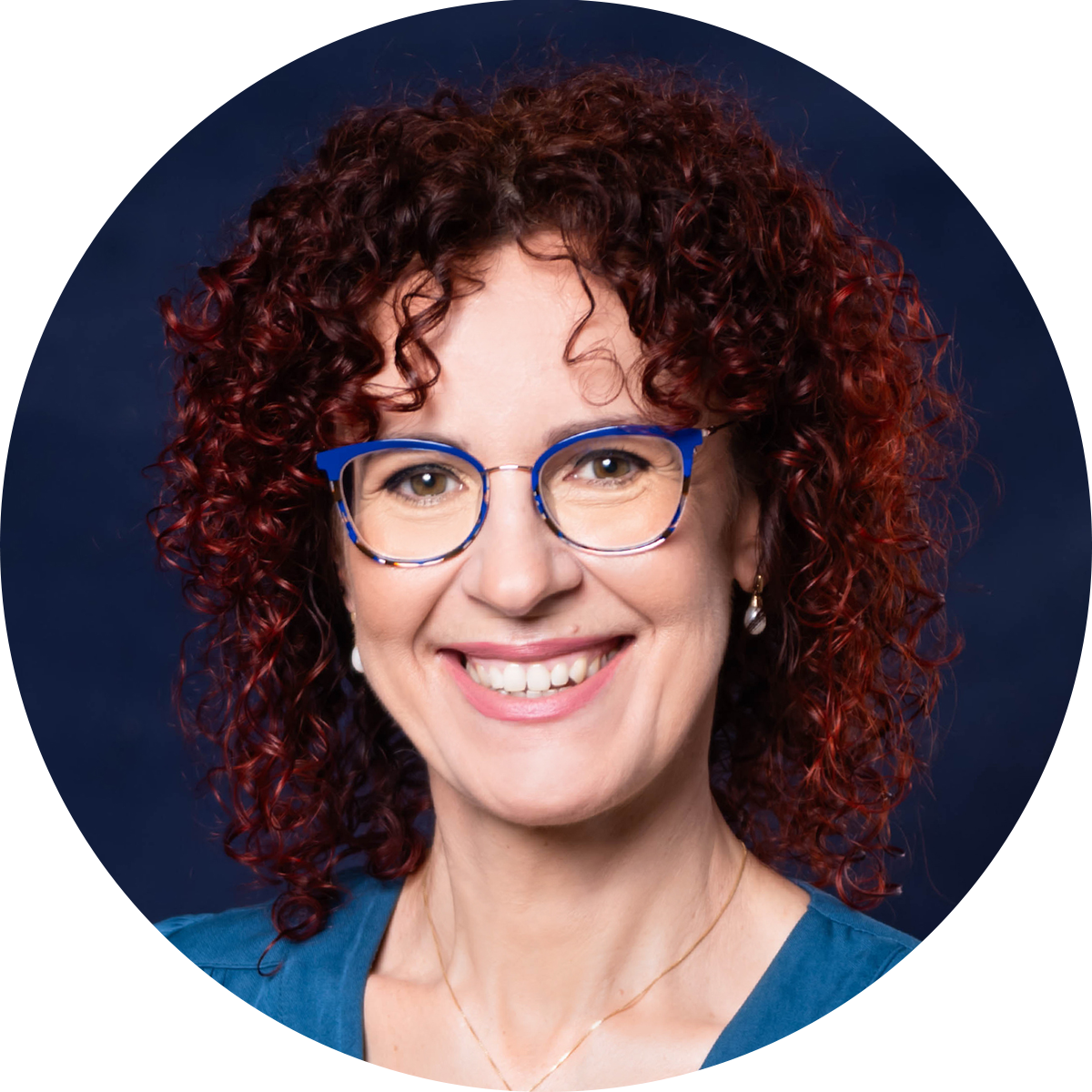 Prof. Liliana Hawrysz
Prof. Liliana Hawrysz
Faculty of Management, Department of Management Systems and Organisational Development
discipline: management and quality sciences
In her scientific work, she focuses on management, including in primary healthcare, with particular emphasis on knowledge management, leadership, and service quality.
She is the author or co-author of 118 scientific articles, including six scientific monographs, published in renowned national and international scientific journals. She has received six academic awards from the rector of Opole University of Technology and Warsaw University of Technology, two awards within the Primus programme, and two "Golden Chalk” awards from the Warsaw University of Technology Student Government in the categories of best lecturer and best remote class instructor. She is a reviewer of applications for the National Centre for Research and Development, the National Agency for Academic Exchange, as well as for NEWFELPRO (a programme of the Ministry of Science, Education and Sports in Croatia).
She participated in the implementation of projects funded by the European Union, IDUB (Warsaw University of Technology), and the National Science Centre. Currently, she is leading the National Science Centre Opus project (Development of a model for measuring the quality of primary healthcare based on four dimensions (first contact, coordination, comprehensiveness, continuity (4Cs)) and its verification among chronically ill patients with comorbidities).
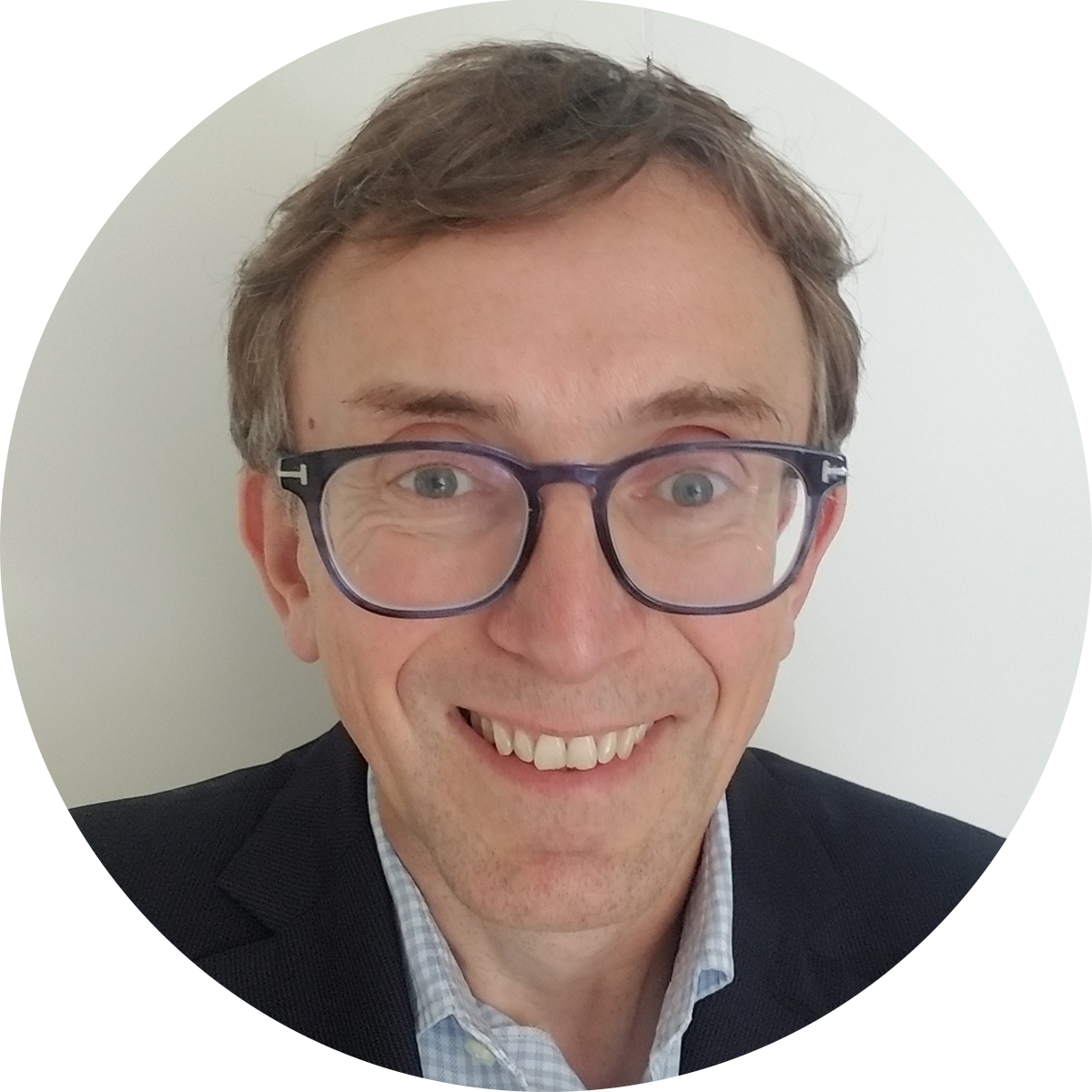 Prof. Tomasz Sozański
Prof. Tomasz Sozański
Faculty of Medicine, Department of Preclinical Sciences, Pharmacology and Medical Diagnostics
discipline: medical sciences
He is a pharmacologist, specialising in radiology and imaging diagnostics. He is also head of the Department of Preclinical Sciences, Pharmacology and Medical Diagnostics and vice-dean for general affairs at the Faculty of Medicine. He specialises in research on natural compounds for the prevention and treatment of lifestyle diseases. He has also participated in pharmacological and toxicological research on cell lines, animal models, and non-commercial clinical studies evaluating the impact of dietary interventions on patients and athletes.
His other research includes works on utilising various research techniques, including the diet-induced dyslipidaemia and atherosclerosis model, extracorporeal perfusion, and pharmacokinetics. A significant portion of his work focuses on the impact of extracts and compounds derived from fruits on changes in the course of cardiovascular diseases and metabolic disorders. The results of this research have been published, among others, in "Atherosclerosis" and "Phytomedicine."
He collaborates with numerous domestic and international centres. He is a member of the Wrocław Branch of the Polish Pharmacological Society. He is a co-author of 75 scientific articles and six patents, awarded a silver medal at the International Fair of Inventions, Scientific Research and New Techniques in Brussels – Brussels Innova, and a gold medal at the International Contest of Inventions and Innovations Eureka International Paris 2024.
In the ranking compiled by Stanford University, Elsevier publishing house, and SciTech Strategies, he was listed among the top 2% most frequently cited scientists in 2023.
